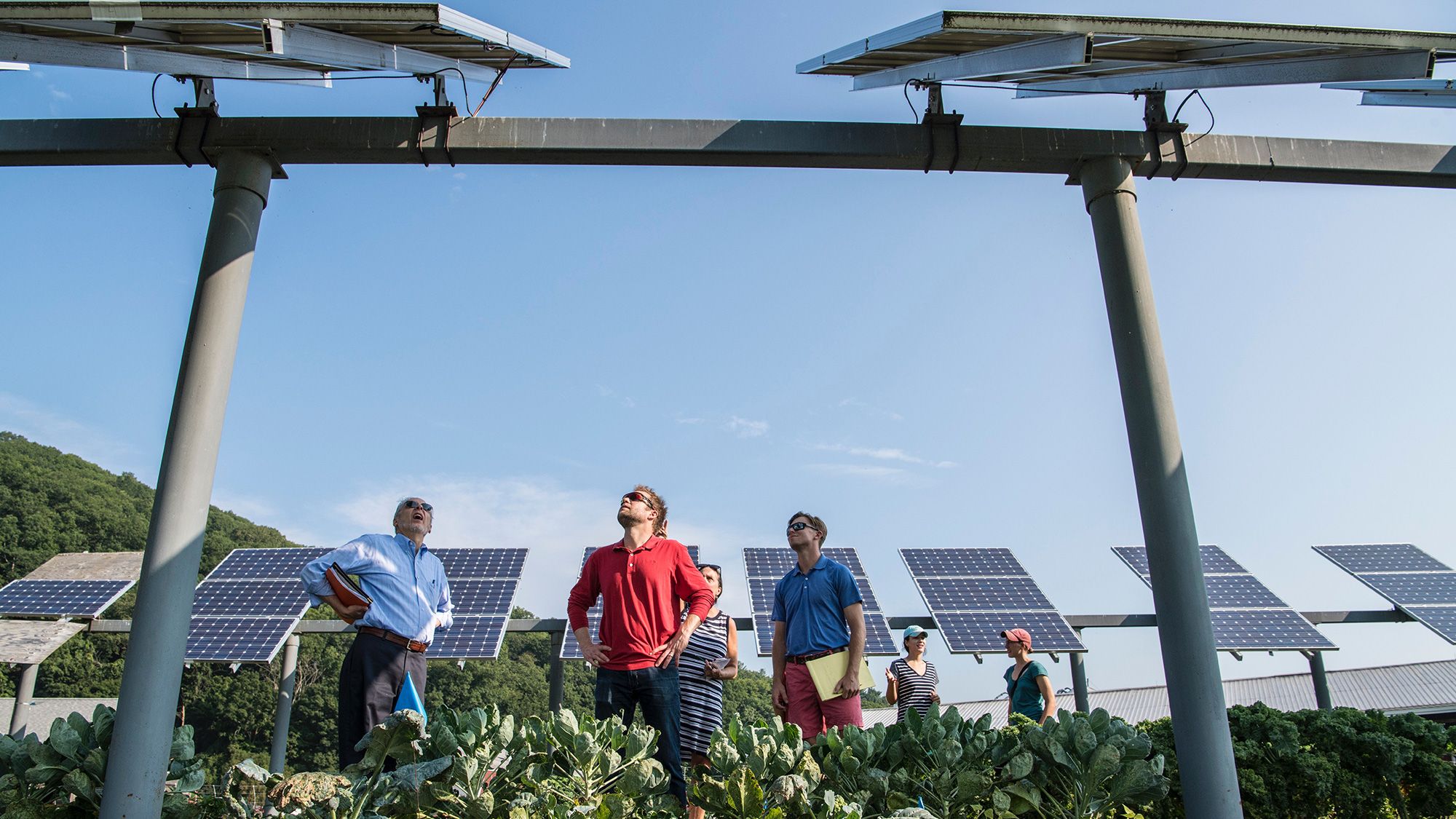Sep 2020 5 MINS read

From BT to Nestle and M&S, businesses are increasingly turning to Power Purchase Agreements (PPAs) to take control of their energy sourcing and consumption. Not only do PPAs provide companies with long-term price certainty, but they also help satiate the surging demand from consumers and governments to choose clean, renewable energy over the damaging environmental effects of fossil fuels. To help meet these demands, work towards their carbon-reduction commitments and reduce energy costs, companies are scrapping the traditional, volatile energy model for straightforward corporate PPAs that give them the ability to source their power directly from sustainable sources and - in some cases - contribute to the creation of additional solar farms.
But when it comes to choosing the right sustainable energy strategy, is a fixed or variable PPA right for your business?
Following the effects of COVID-19, government initiatives are favouring companies showing a genuine commitment to decarbonise. So, it’s a better time than ever for businesses to re-evaluate the way they operate, which includes everything from their premises and processes to their energy procurement.
But if companies are to make a genuine, deep-rooted difference to their carbon footprint, it’s going to take more than the occasional carpooling or reusable water bottles in the workplace.
Entering into either a fixed or variable PPA agreement is a long-term commitment of 12+ years that needs to be carefully considered alongside your business’s strategy and ongoing requirements.
Our variable PPAs give you the stability of maintaining a discount-to-market price at all times (so you know you’ll always be paying less than the standard tariffs), while still allowing you to profit from energy price peaks. Of course, with highs come lows. So, it’s important to note that along with significant savings, variable PPAs will also be subject to dips in the energy market.
Under a variable PPA, we discount the cost of UKSE‘s renewable electricity (using an agreed floor price) based on the best per kWh cost quote you have obtained from the market. You can also get a quote for 100% of your electricity demand, as some suppliers may offer an additional further discount for the increased volume.
Some of the main features of a variable PPA are:
The variable PPA option is perfect for businesses who want to take advantage of a discount-to-market structure that can provide significant savings from increasing costs, as the contract will always reflect wholesale market conditions.
This contract is suitable for companies with an annual energy usage of at least 2,000 MWh and who want to enter into a long-term agreement instead of having the hassle of shopping around for the best price every 1-2 years.
Based on an annual energy usage of 2,000 MWh over a 16-year term across the day, evening and night, you could save an estimated £279,856. If you’ve got a recent energy bill to hand, you can quickly and easily find out how much your business could save by using our free business energy calculator.
Switching to a PPA also means you can avoid the threat of downtime when changing tariffs and suppliers. But, if you’re looking for the security of budget certainty, then a fixed PPA may be the better option for your business.
With a fixed PPA, whether the market fluctuates up or down, your payments won’t budge. This gives businesses peace of mind, long-term price certainty and greater predictability into business operations.
With our fixed PPAs, we agree a low unit rate (kWh) for your electricity and - instead of this cost increasing in relation to the volatile energy price index (EPI) - we agree a static index that provides you with fixed cost visibility for the full duration of your contract.
Some of the main features of a fixed PPA are:
Entering into a fixed PPA requires a significant energy demand of at least 2,000 MWh per year and a level of certainty about when and how much electricity is generated.
Businesses in the manufacturing, retail or the public sector tend to reap the benefits of a fixed PPA because the increased energy demand helps to decrease the cost of the price per Megawatt. Companies with hours of operation that align with solar production will also see increased savings.
Based on an annual energy usage of 2,000 MWh over a 16-year term across the day, evening and night, you could save an estimated £593,079. If you’ve got a recent energy bill to hand, you can use our free business energy calculator to quickly and easily find out how much your business could save from switching to a PPA.
Unlike other energy companies, at UKSE we’re committed to making sure that every business enters into the correct PPA contract by getting together and thoroughly discussing the available options.
If you’d like to find out how a fixed or variable PPA could benefit your business, get in touch today to start taking positive steps towards your carbon-neutral goals.
Keeping your inbox energised with our latest tips, guides and insights.